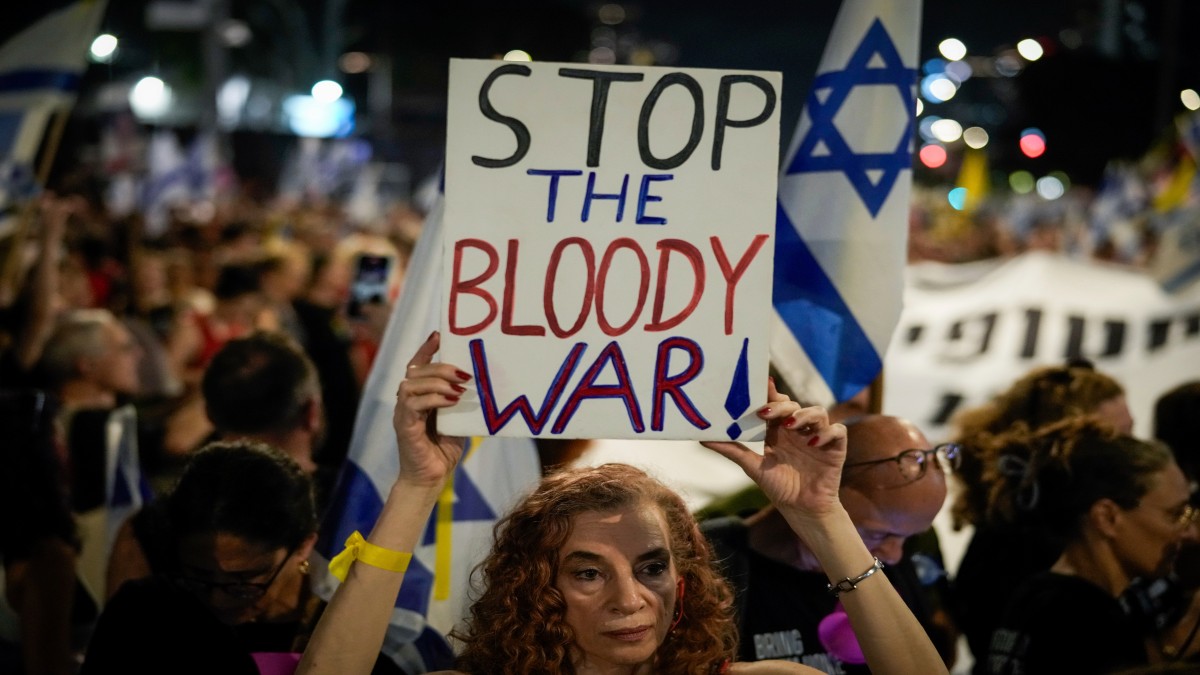As the world calls for a ceasefire in the Israel-Hamas war, the Palestinian militant group has said that it will not send negotiators to mediated ceasefire-hostage talks with Israel. The highly anticipated meeting was scheduled to take place on Thursday in Cairo.
The group went on to ask the mediators to present a plan based on the outcomes of past negotiations instead of engaging in new talks for a deal. “The movement (Hamas) calls on the mediators to present a plan to implement what was agreed upon by the parties on July 2, 2024, based on Biden’s vision and the UN Security Council resolution,” Hamas said in a statement on Sunday, Reuters reported.
“The mediators should enforce this on the occupation (Israel) instead of pursuing further rounds of negotiations or new proposals that would provide cover for the occupation’s aggression and grant it more time to continue its genocide against our people,” the group furthered. It is pertinent to note that Hamas’ rejection came weeks after the head of its political bureau Ismail Haniyeh was assassinated in Tehran. While Israel was blamed for the killing, the Jewish nation did not claim responsibility for the attack.
Israel’s had faith in the talks
Hamas’ rejection came hours after Israeli sources reportedly claimed that negotiators could finalize an agreement on a hostage-ceasefire deal in the Thursday meeting. They also claimed that after an agreement, the deal could be put into action within days.
An unnamed source close to the talks gave a positive assessment to Channel 12. However, the source maintained that it will ultimately depend on Israeli Prime Minister Benjamin Netanyahu and Hamas’s new chief Yahya Sinwar on whether they are willing to show “flexibility” to reach an agreement.
While Hamas refused to send a delegation, Netanyahu’s office announced on Friday night that Israel would send its negotiators to the August 15 talks “in order to finalize the details of the implementation of the framework agreement.”
Impact Shorts
More ShortsThe assurance from the Israeli premier came immediately after the mediators — the US, Qatar and Egypt — said in a joint statement that a deal needed to be concluded and implemented without further delay.
Not only this, but a train of top Biden administration officials was also planning to head to the Middle East for a dramatic week of high-stakes diplomacy over the ceasefire deal. The talks were seen as extremely crucial since the results would have indicated whether the Middle East would sink deeper into the conflict, given the brewing tension between Israel, Iran and Hezbollah, or whether a large-scale conflict could be averted.
While Hamas’ rejection of sending negotiators has the potential to send the ceasefire talks in jeopardy, other parties involved in the talks are yet to comment on the matter.
With inputs from agencies.
)